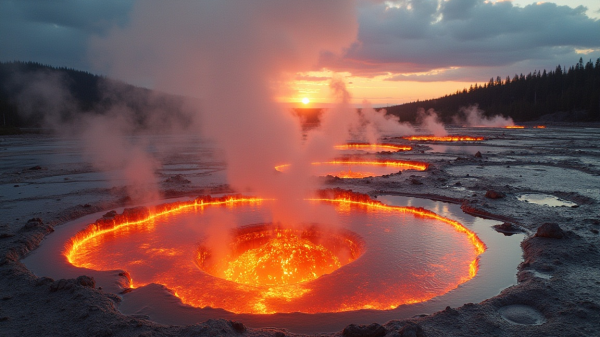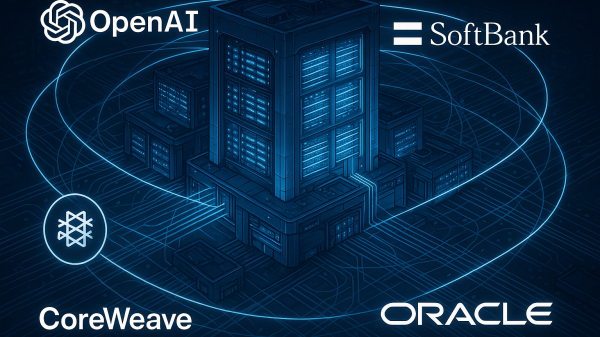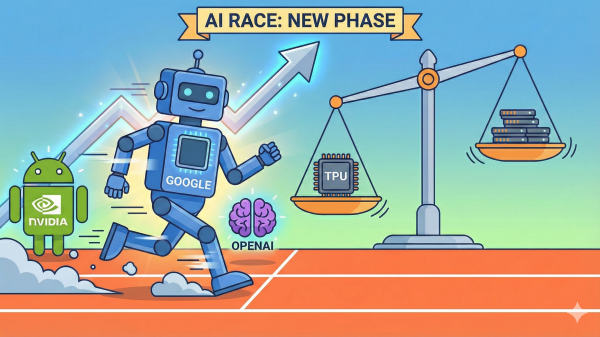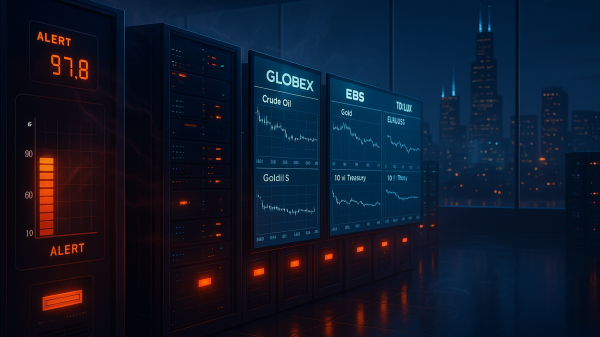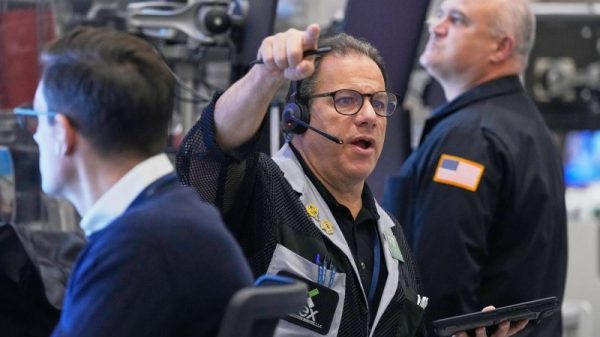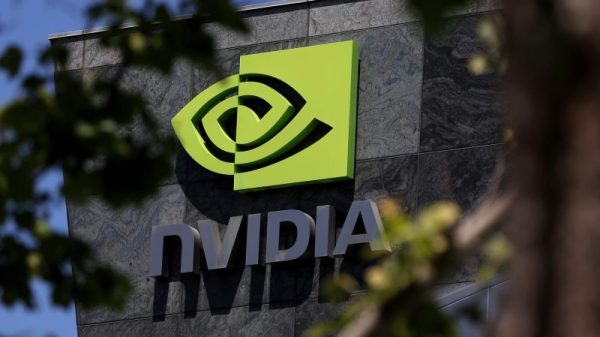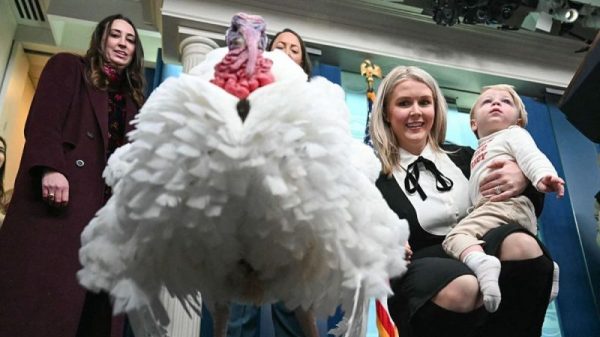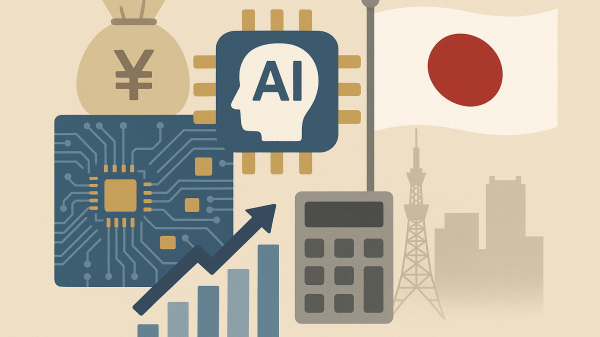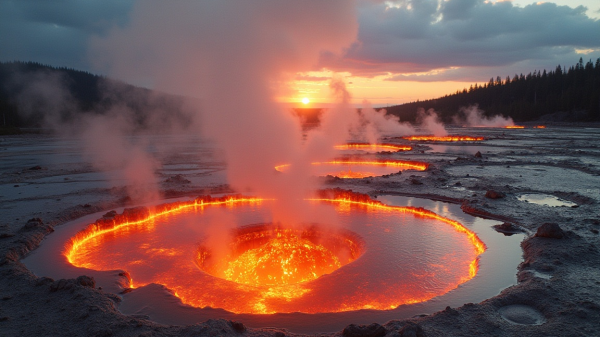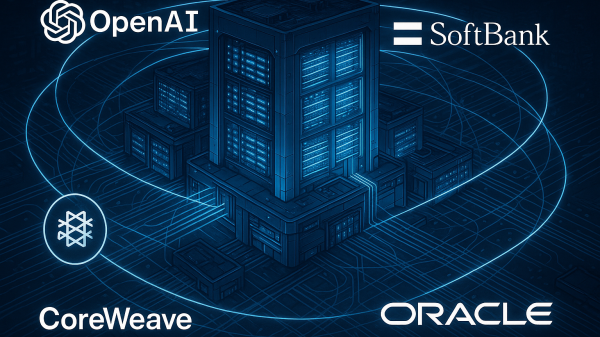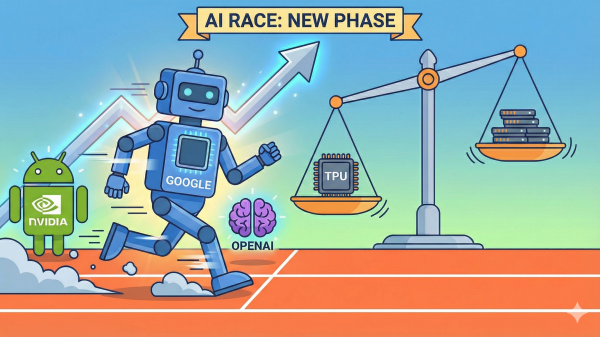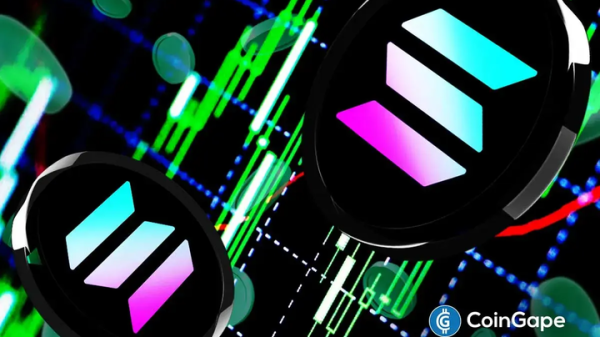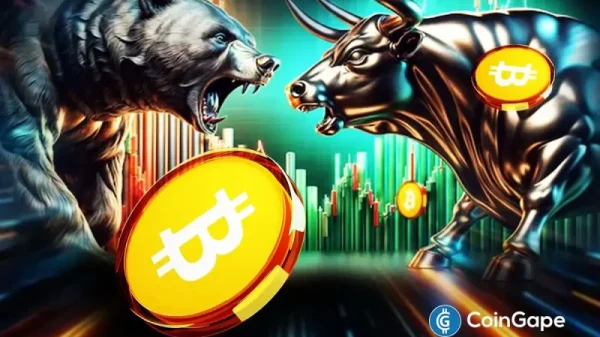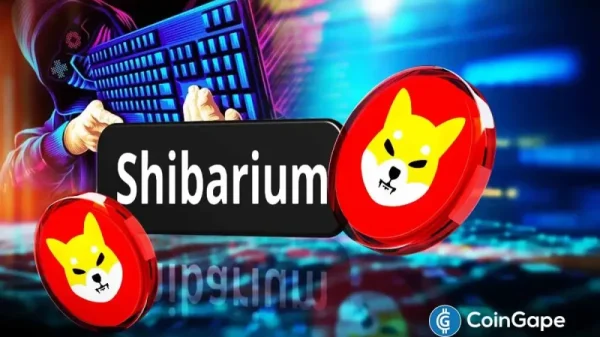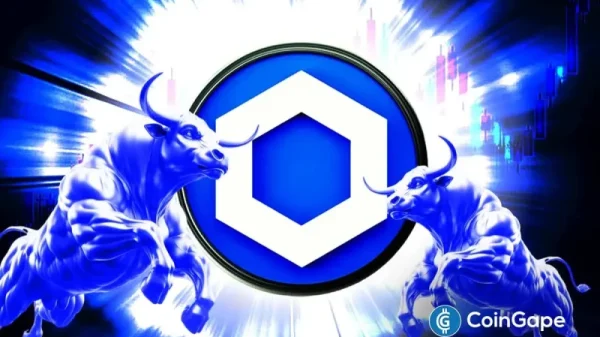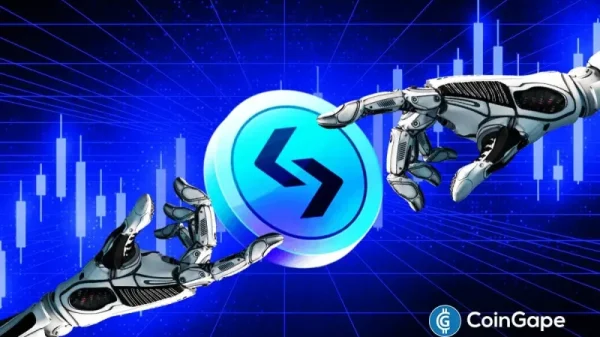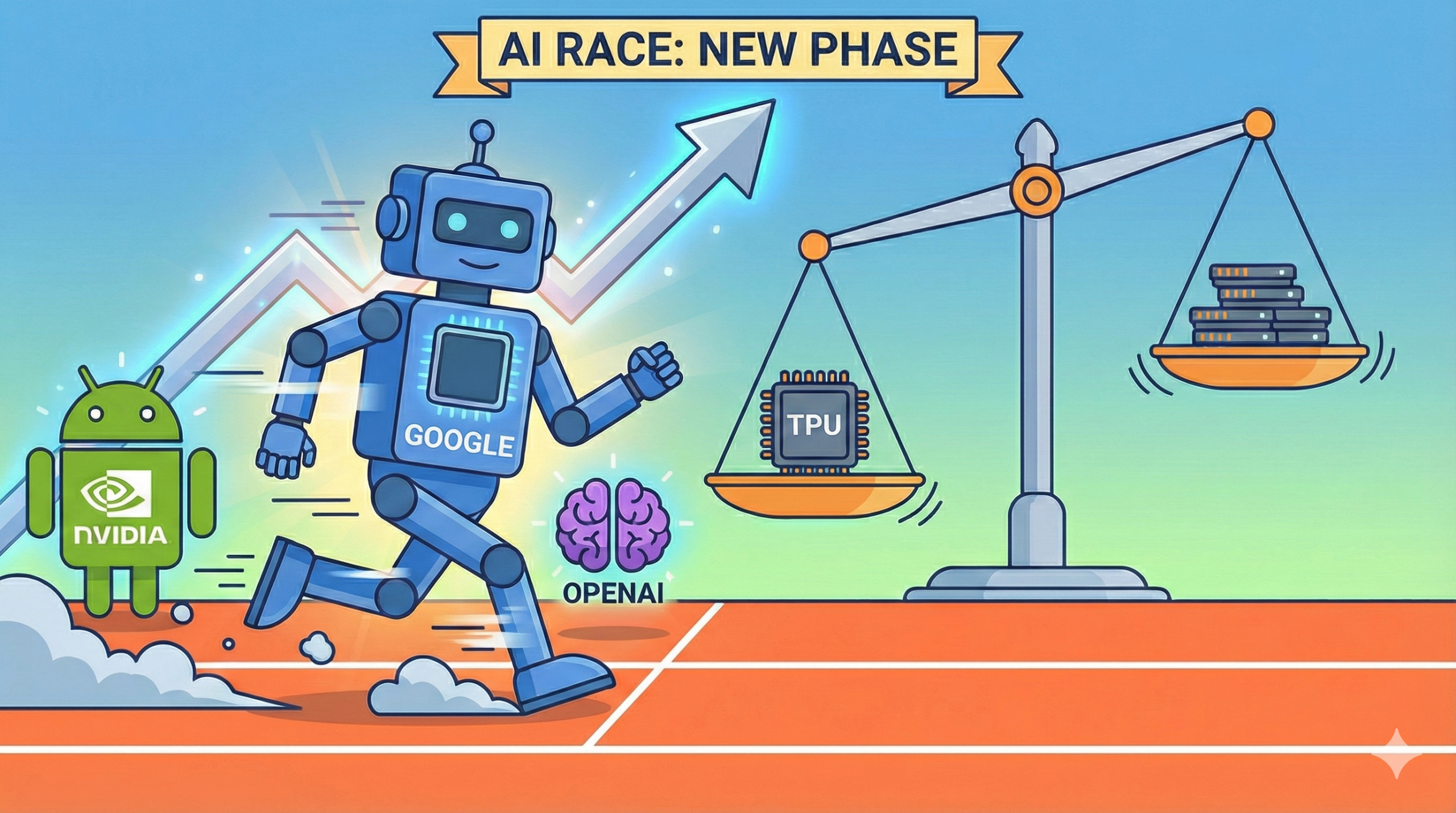The artificial intelligence sector has entered a new phase of rivalry and rebalancing, with Google unexpectedly emerging as this quarter’s disruptive force.
Investors, analysts and technology partners are now reassessing whether Alphabet is poised to reassert dominance in an industry long shaped by Nvidia and OpenAI, as the debut of Gemini 3 — its latest generative AI model — sparks a broader re-evaluation of computing infrastructure and competitive power.
Market reaction has been swift. Alphabet shares rallied more than 5% on Monday, extending gains of over 8% from the previous week.
Since Gemini 3 was launched on November 18, the stock is up 12%, even as Nvidia, once the uncontested winner of the AI chip race, has slipped 3.4% over the same period.
The rally gained further momentum after a report from The Information said Meta Platforms was in discussions to purchase Google’s Tensor Processing Units to power an AI data centre—territory typically dominated by Nvidia’s high-demand GPUs.
The shift in sentiment marks one of the clearest signs yet that investors are beginning to see Google not only as a software contender, but as a potential hardware alternative in an ecosystem that has become heavily reliant on Nvidia’s GPUs.
Gemini 3’s performance fuels investor conviction
Excitement surrounding Gemini 3 is not confined to markets.
Enthusiasts, enterprise users and industry executives have praised the model’s speed and capability, placing it in direct comparison with OpenAI’s flagship systems.
Salesforce chief Marc Benioff said he had stopped using ChatGPT after trialling Gemini 3, describing the performance improvement as transformative and immediate.
That reaction has rippled outward.
SoftBank, a major investor in OpenAI, suffered a two-day selloff earlier this month amid speculation that Gemini could erode OpenAI’s competitive lead.
Analysts say much of the enthusiasm stems from Google’s internal approach: Gemini 3 was trained using Tensor Processing Units, the company’s proprietary AI chips, which may allow Alphabet to scale models without depending heavily on Nvidia’s data centre hardware.
“Some investors are petrified that Alphabet will win the AI war due to huge improvements in its Gemini AI model and ongoing benefits from its custom TPU chip,” Melius Research analyst Ben Reitzes wrote to clients in a Monday note.
TPUs return to the spotlight as Nvidia faces fresh competition
Google’s TPU programme, once a quietly deployed internal technology, is increasingly viewed as a strategic lever capable of unsettling Nvidia’s long-running hardware supremacy.
First introduced in 2015, TPUs have powered core Google products including Maps and Translate.
By 2025, the firm has developed seven generations of the chip, streamlining architecture and increasing efficiency for large-scale AI computation.
Though Nvidia remains the default choice for AI workloads, alternative procurement has gained relevance as GPU shortages and high prices frustrate developers and cloud operators.
Google has already secured external customers: Apple reportedly trained its Apple Intelligence models using TPUs, while Anthropic has incorporated them into a multicloud framework as it scales its flagship models.
The development coincides with discussions reported by The Information suggesting Meta may purchase TPUs for data centre deployment.
If confirmed, the move would be one of the most visible shifts in AI hardware preferences since the generative boom began in 2022.
“The biggest story in AI right now is that Google and Nvidia are being extraordinarily competitive,” said Adam Sullivan, chief executive of data-center operator Core Scientific.
“They’re in a race to secure as much data-center capacity as they can.”
Alphabet’s rise unsettles broader technology markets
Google’s stock surge has come at a cost to other AI favourites.
“GOOGL winning would actually hurt several stocks we cover — so prepare for volatility,” said analysts at Melius Research.
Nvidia slid nearly 6% last week despite strong earnings, and sector ETFs tracking megacap technology, such as the Magnificent Seven index, have softened.
The Nasdaq Composite dropped over 2% across the week, with declines concentrated among firms perceived to be most exposed to competitive pressure from Alphabet’s re-entry into the leadership race.
Analysts warn that should Google’s TPU strategy scale meaningfully, hardware suppliers including AMD, Arista and even cloud hyperscalers could face long-term erosion of demand.
With Alphabet vertically integrated across hardware, model training and consumer product distribution, its progress presents a different kind of threat — one rooted not in incremental performance, but in full-stack capability.
Nvidia’s software moat remains intact — for now
Despite intensifying competition, analysts caution that Google will need to expand external access to TPUs before it can threaten Nvidia’s leadership position.
Nvidia’s strength lies not only in chip design but in CUDA, its foundational software ecosystem, which has been adopted universally by machine learning developers.
CUDA made Nvidia chips programmable at scale and remains entrenched across research pipelines and commercial AI infrastructure.
Analysts say this software dominance shields Nvidia from short-term disruption even if hardware alternatives become attractive on cost or energy efficiency.
Adam Levine, senior tech writer at Barron’s, noted that Nvidia’s margin risk will become visible only if customers shift workloads away from GPUs, forcing price reductions.
For now, high demand persists.
Mizuho analyst Vijay Rakesh sees no deterioration in appetite for Nvidia products, pointing to sold-out Blackwell chips and a longer-term revenue target of half a trillion dollars in 2026.
A new phase in the AI power contest
While Nvidia remains firmly entrenched and OpenAI continues to influence creativity and enterprise adoption, the sudden relevance of Google’s Gemini-TPU pairing signals a more multipolar future.
What was once a two-player market is widening, with Amazon, Meta, Apple, Anthropic and others pushing specialised architectures and research pipelines.
For now, investors are weighing possibility against inertia.
Google must prove it can commercialise TPUs at scale beyond internal workloads and select partnerships.
Nvidia, fortified by software and developer loyalty, maintains a lead few expect to vanish suddenly.
Yet Gemini 3 has shifted perception: Alphabet is once again a contender with the resources, research depth and product footprint to reshape the trajectory of the industry.
If the AI race is defined by scale, efficiency and talent, then Google’s re-emergence may mark the beginning of a multi-year realignment in the balance of power.
Whether that resolve materialises into lasting structural change — or merely punctures confidence before growth resumes elsewhere — will shape the competitive climate of machine intelligence for years ahead.
The post From Gemini 3 to TPUs: is Google about to reset the balance of power in the global AI race? appeared first on Invezz

